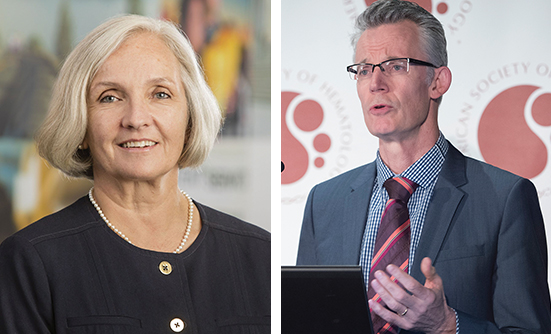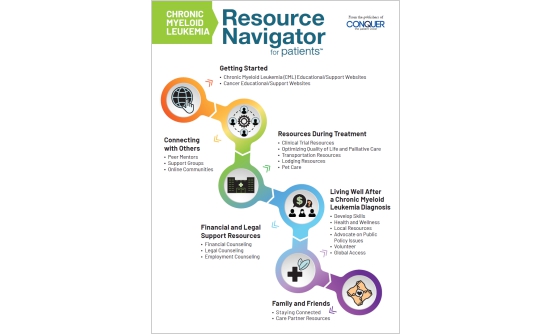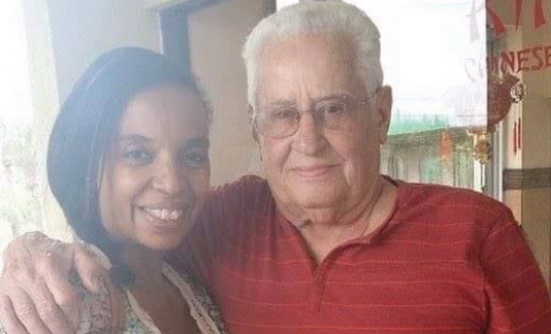Chronic lymphocytic leukemia (CLL) is a slow-growing blood cancer, so many patients will not receive treatment immediately when their cancer is diagnosed. CLL is the most common type of leukemia in adults. According to the American Cancer Society, more than 20,000 adults are estimated to be diagnosed with CLL in 2019 in the United States. So far, CLL remains an incurable disease, although patients can achieve remission for long periods after treatment.
Having many new treatment options and different combinations of drugs is important for patients. The reason is that CLL often stops responding to one type of treatment or to a combination of 2 drugs, so having additional options means longer periods in which the cancer can respond to those treatments. This, in turn, means longer time that the patient can live without the signs of the disease, and potentially longer survival.
In 2019, several new drug combinations without chemotherapy have been approved by the FDA for patients with CLL.
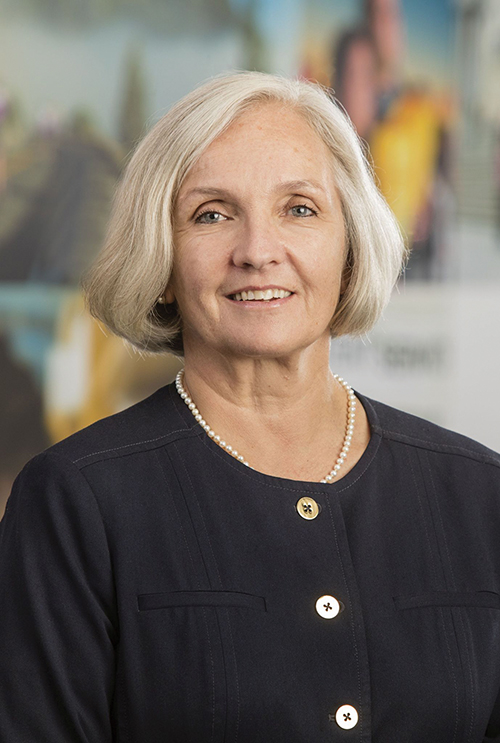
“There are a lot of reasons to be hopeful, because there are so many options available now for patients with CLL that are not just traditional chemotherapy options. The fact that there are many approved options is very exciting, and even though they are not necessarily curative right now, they will likely give patients long periods of good health,” said Gwen Nichols, MD, Chief Medical Officer for the Leukemia & Lymphoma Society, in an interview with CONQUER magazine.
In the April 2019 issue of CONQUER magazine, we discussed the FDA approval (in January 2019) of a new chemotherapy-free combination for CLL. This combination includes the targeted drug Imbruvica (ibrutinib) and the monoclonal antibody Gazyva (obinutuzumab) for first-line treatment of patients age 65 years or older who are diagnosed with CLL or with small lymphocytic lymphoma (SLL). The signs of SLL are similar to those of CLL, but in CLL the cancer is manifested in the blood and the bone marrow, whereas in SLL it is mainly in the lymph nodes.
More recently, the FDA approved yet another chemotherapy-free drug combination for patients with CLL or SLL.
Venclexta plus Gazyva a New Chemo-Free Combo for CLL or SLL
In May 2019, the FDA approved the chemotherapy-free combination of Venclexta (venetoclax), a targeted therapy, plus Gazyva (obinutuzumab), a monoclonal antibody, for use as first-line treatment of all adults with CLL or SLL, regardless of their age.
The FDA approved this combination based on a clinical trial showing that Venclexta plus Gazyva reduced the risk for disease progression by 67%. In addition, more than half (57%) of those who received the chemo-free drug combination had no minimal residual disease, or MRD (that is, no sign of disease), compared with less than one-fifth (17%) of those who received chemotherapy plus Gazyva.
This new drug combination should be used for 12 months to get the full benefit of therapy.
Other drug combinations without chemotherapy are still being studied in clinical trials for patients with CLL as yet additional options. One such option is a combination of the targeted drug Venclexta plus immunotherapy.
Venclexta plus Immunotherapy Shows Promise in CLL
The results of a clinical trial reported last November at the annual meeting of the American Society of Hematology showed that 2-year use of the targeted therapy Venclexta (venetoclax) plus immunotherapy with Rituxan (rituximab) prolonged survival in patients with CLL whose disease came back (relapsed) or did not respond to therapy (refractory) compared with the current standard of treatment with the combination of the chemotherapy Bendeka (bendamustine) plus the immunotherapy Rituxan.
After 2 years of chemo-free treatment with Venclexta plus Rituxan, the majority (78%) of the patients with relapsed or refractory CLL had no sign of disease. After completing 2-year treatment with this chemo-free combination of Venclexta plus
Rituxan, and another 1 year of follow-up, 92% of the 130 patients had no further treatment, and 88% of them were still alive after 2 years compared with only 80% of those who received chemotherapy (Bendeka) plus immunotherapy (Rituxan).
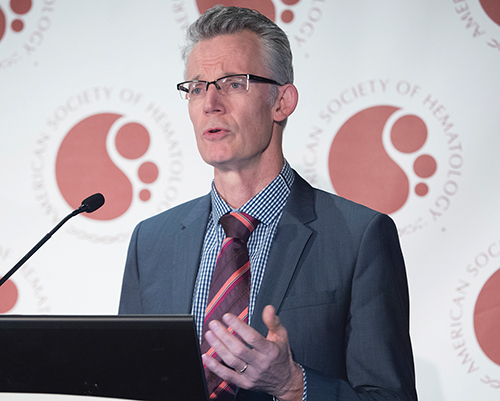
“Venetoclax-rituximab is a chemotherapy-free option with a fixed treatment duration that can potentially provide prolonged progression-free survival, along with minimal residual disease negativity, in patients with relapsed or refractory CLL,” said lead investigator John F. Seymour, MBBS, PhD, FRACP,
Director of the Department of Haematology at the Peter MacCallum Cancer Centre in Australia. Minimal residual disease negativity, or MRD negativity, indicates a lack of even minimal signs of disease, which suggests a long period without disease progression.
“This analysis shows that a high proportion of patients treated with venetoclax-rituximab maintained MRD-negativity and progression-free survival after completing the fixed treatment duration,” he added.
“The survival benefits are clinically meaningful, and MRD status at cessation of therapy is a strong predictor of durable progression-free survival off the drug. These findings establish the feasibility and support the use of fixed-duration venetoclax and rituximab for all patients with relapsed or refractory CLL,” Dr. Seymour said.
Of 83 patients who received 2 years of the chemo-free combination with Venclexta and Rituxan had no minimal residual disease, only 2 patients had disease progression.
“MRD is the strongest predictor for progression events,” Dr. Seymour said, meaning that patients without any sign of the disease (MRD negative) are most likely to have a long period of disease remission without progression of the cancer.
Patient Resources
Leukemia & Lymphoma Society
www.lls.org/leukemia
National Cancer Institute
www.cancer.gov/types/leukemia/patient/cll-treatment-pdq





